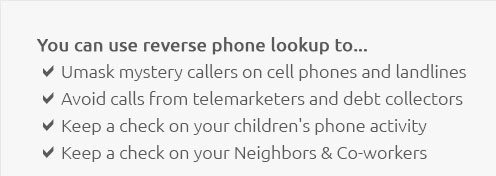 |
 |
|---|
 |
 |
|---|---|
|
|
 |
|
|---|---|
 |
|
 |
|
 |
 |
|---|---|
 |
|
Finding a Local Phone Number: A Comprehensive ExplorationIn the modern era, where communication is as vital as the air we breathe, the ability to find a local phone number swiftly and efficiently has become a cornerstone of both personal and professional interactions. With the advent of digital technology, one might presume that locating a phone number would be a straightforward task; however, the reality is nuanced, offering a tapestry of advantages and challenges that warrant closer examination. Firstly, let us consider the benefits of modern methods for finding a local phone number. The internet, undoubtedly, stands as a formidable ally in this quest. With a few keystrokes, search engines can unearth a plethora of information, including business directories and personal listings, which facilitate the discovery of contact details with remarkable ease. Online directories, such as Whitepages or Yellow Pages, have evolved from their printed ancestors into dynamic, searchable databases that provide users with instant access to a wide array of numbers, often accompanied by additional information such as addresses and business hours. Moreover, the convenience of mobile applications cannot be overstated. Apps designed specifically for this purpose, such as Truecaller, offer users a seamless experience by integrating caller identification with contact retrieval features, effectively merging the need to find and identify numbers in one fell swoop. These tools are particularly beneficial in a world where time is of the essence, enabling users to bypass cumbersome manual searches. However, this digital abundance is not without its drawbacks. One significant concern is the issue of privacy. As technology advances, so too does the ease with which personal information can be accessed, sometimes without consent. This raises ethical questions about the balance between accessibility and privacy, prompting a debate about the need for stricter data protection laws and user awareness. Furthermore, the sheer volume of information available online can lead to inaccuracies. Websites and databases may not always update their records promptly, resulting in outdated or incorrect phone numbers that can frustrate and mislead users. Another noteworthy point is the technological divide that persists in various regions. While urban areas may bask in the glow of high-speed internet and advanced tech solutions, rural areas often struggle with limited access, rendering online searches for phone numbers less reliable. This disparity highlights the importance of maintaining traditional methods, such as printed directories, which remain invaluable in areas where digital infrastructure is lacking.
In conclusion, while the quest to find a local phone number has been greatly simplified by technological advancements, it is not without its complexities. As we navigate this landscape, it is imperative to weigh the benefits of speed and accessibility against the potential pitfalls of privacy and accuracy. Ultimately, whether one chooses to rely on digital tools or traditional methods, the key lies in an informed approach that acknowledges both the power and the limitations of our modern information age. https://www.phone.com/local-numbers/
A local phone number is a telephone number assigned to a specific geographic area with a specific area code that helps identify the location of the caller ... https://www.ringcentral.com/office/features/local-numbers/overview.html
Wide range of local telephone numbers. Search the lists of phone numbers available from RingCentral to find the right number for you. https://grasshopper.com/numbers/local-numbers/
Pick an Area Code. Decide on a region and find an available local phone number from our huge inventory. pick-plan-svg. Select ...
|
|---|